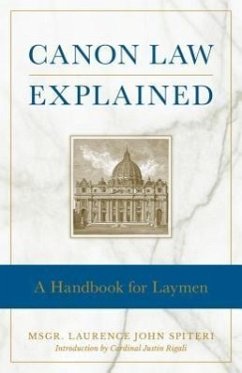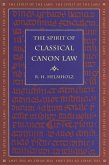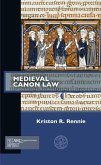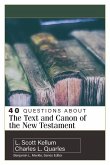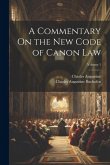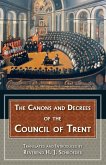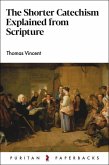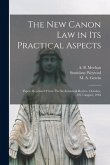Not only inefficiency, but frustration, disorder, anger, and injustice threaten all human endeavors, no matter how pure their motives or high their ideals. That's why successful organizations always create employee handbooks and clear procedure manuals that delineate where authority lies, how conflicts are to be resolved, and, above all, how each organization's mission is (and is not) to be accomplished. Is it any wonder then that the Catholic Church comprised not of 200 persons but 1.2 billion members in 200 countries also governs itself by means of a handbook, which it calls the Code of Canon Law? Because handbooks and manuals concern themselves with the day-to-day inner working of organizations, they often reveal more than do news releases about the actual purposes and genuine spirit of organizations: a fact that's particularly true in the case of the Catholic Church. Indeed, if you want to know the Church for who She is, you need to be familiar with the Code of Canon Law. Unfortunately, it contains over 1,752 rules (or canons). Among them, you'll find fascinating canons that lay out the Church's official principles and procedures governing matters as various as abbots and annulments, scandals and Sacraments, monks and missions, bishops and books, priests and popes, synods and sacraments, homeschoolers, hostile witnesses, baptisms, burials, parishes, penance, confessions, Councils, impotence, imprimaturs, and, even marriages to the person who murdered your spouse! Thankfully, Vatican expert and veteran author Fr. Laurence Spiteri has in the pages of Canon Law Explained relieved you of the need to read all 1,752 of them (fascinating or not). Here he acquaints you with the fundamental canons by which the Church seeks to bring about, as it declares in the very last canon, the purpose all of them serve: "The salvation of souls, which must always be the supreme law in the Church."
Hinweis: Dieser Artikel kann nur an eine deutsche Lieferadresse ausgeliefert werden.
Hinweis: Dieser Artikel kann nur an eine deutsche Lieferadresse ausgeliefert werden.

